Aliquots
-
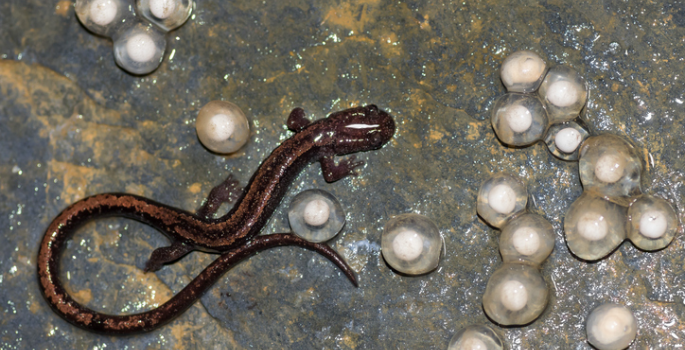
Temperature, newts, and a skin-eating fungus
The emergence of pathogenic skin fungi that cause the disease chytridiomycosis is contributing to the global loss of amphibian populations. Read MoreMar 8, 2021
-
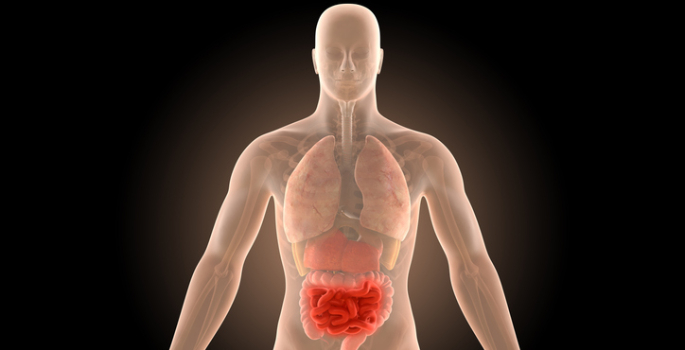
Probiotic protection
A probiotic factor given early in life to mice prevented intestinal inflammation in adulthood, providing a rationale for probiotic intervention in individuals at high risk of developing inflammatory bowel disease. Read MoreMar 4, 2021
-

Targeting glucagon action in diabetes
Disrupting the action of glucagon — a pancreatic hormone that works to raise blood glucose — restores functional insulin-producing cells in mouse models of type 1 diabetes and may be a promising treatment strategy. Read MoreMar 4, 2021
-
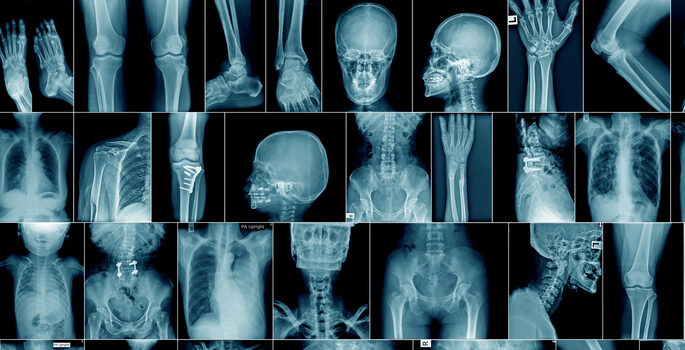
Calcification after severe injury
Vanderbilt researchers have linked bone-related complications of severely injured patients — findings that could help minimize these complications. Read MoreFeb 23, 2021
-
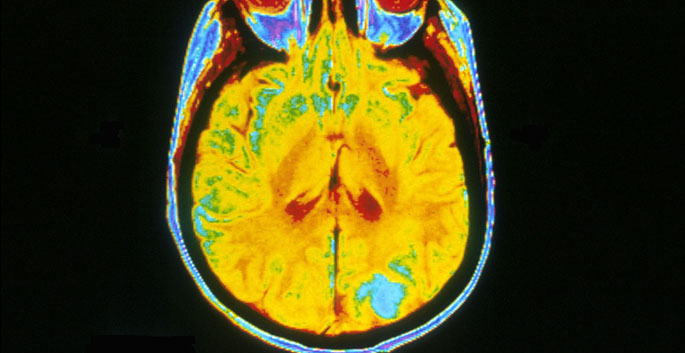
MRI view of brain tumor prognosis
In patients with glioblastoma brain tumors, features detected on MRIs at diagnosis were associated with survival, Vanderbilt Medical Center investigators found. Read MoreFeb 22, 2021
-

Genetic clues in eye birth defect
Sabine Fuhrmann and colleagues have discovered a novel underlying cause of coloboma — a birth defect that causes missing tissue in the eye and accounts for up to 10% of childhood blindness. Read MoreFeb 18, 2021
-

Gene variant and glucose metabolism
Genetic variation that impacts glucose- and insulin-related signaling affects responses to type 2 diabetes treatments and warrants further study. Read MoreFeb 18, 2021
-
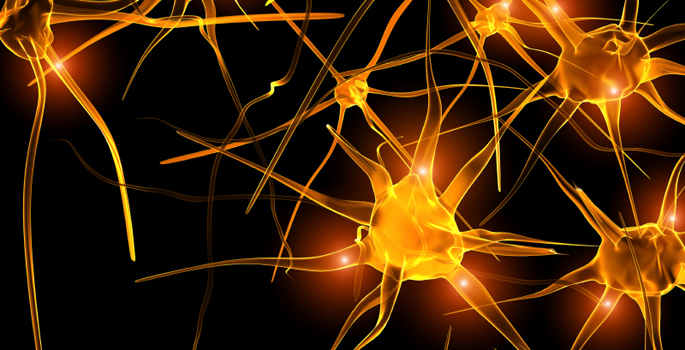
Imaging guidance for nerve repair
A noninvasive, quantitative MRI method could be used after surgical repair of traumatic peripheral nerve injury to help clinicians make decisions about whether additional surgical interventions are needed. Read MoreFeb 9, 2021
-

Key factors in HIV-1 replication
HIV-1, the virus that causes AIDS, exploits inositol phosphates in T cells to aid its own assembly and maturation — suggesting that targeting inositol phosphate binding could inhibit HIV-1 replication. Read MoreFeb 8, 2021
-

New clue to postural tachycardia
Insight into the pathophysiology of an enigmatic and debilitating disease suggests new treatment approaches. Read MoreFeb 4, 2021
-
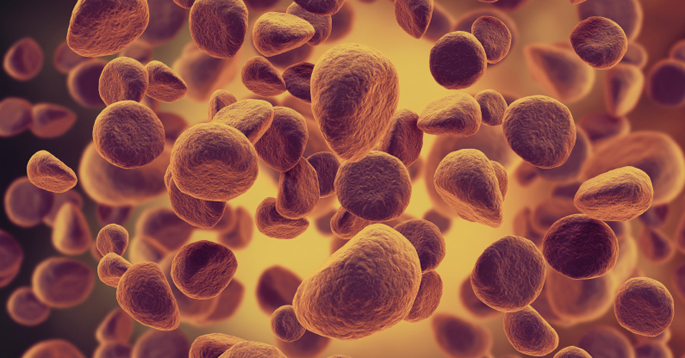
Gene network for leukemia factor
A new method speeds the analysis of factors that control gene expression from days to minutes, allowing researchers to uncover new targets for cancer treatment. Read MoreFeb 4, 2021
-

Rare tumor disguised as benign
A rare tumor that causes facial weakness was found masquerading as a more common benign facial tumor. Read MoreJan 26, 2021
-
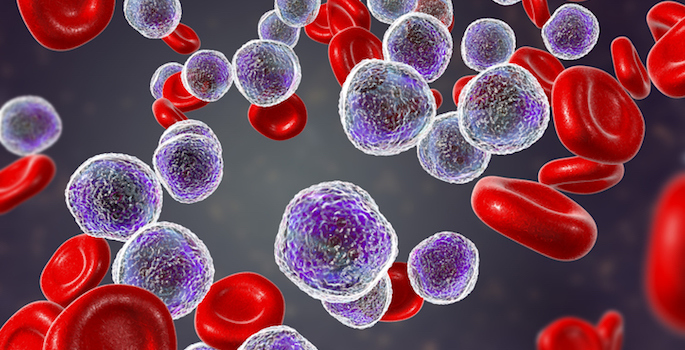
An interacting factor in leukemia
A blood stem cell protein plays a role in the initiation and progression of leukemia, Vanderbilt researchers have found. Read MoreJan 25, 2021
-

Inflammation in genetic epilepsy
Brain inflammation links genetic and acquired epilepsy — providing new clues about epilepsy development and pointing to potential treatments. Read MoreJan 21, 2021
-
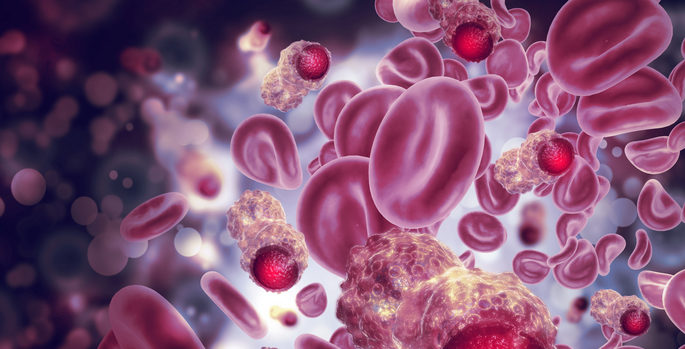
WIN for blocking cancer growth
William Tansey and colleagues identified proteins that interact with the cancer drug target WDR5 and are important for cancer cell growth. Read MoreJan 21, 2021
-

Mitochondrial stress and hypertension
Oxidative stress and toxic products called isolevuglandins in mitochondria play a role in endothelial dysfunction and hypertension — and getting rid of them with a special “scavenger” molecule has therapeutic potential. Read MoreJan 12, 2021
-

Microbial RNA and rheumatoid arthritis
Small RNAs — short stretches of genetic material — from microbes may be playing a role in rheumatoid arthritis and other autoimmune diseases. Read MoreJan 11, 2021
-

Vitamin D activation and cancer risk
Vitamin D protection against colon cancer varies according to parathyroid hormone response, particularly among women. Read MoreJan 7, 2021
-

Building a cohort, the easy way
An automated system using keyword searches can help identify candidates for clinical trials on adverse drug reactions. Read MoreJan 7, 2021
-

A deeper look at out-of-home care
Geographically targeted efforts to prevent children being placed in out-of-home care might be possible, Vanderbilt researchers report. Read MoreDec 15, 2020